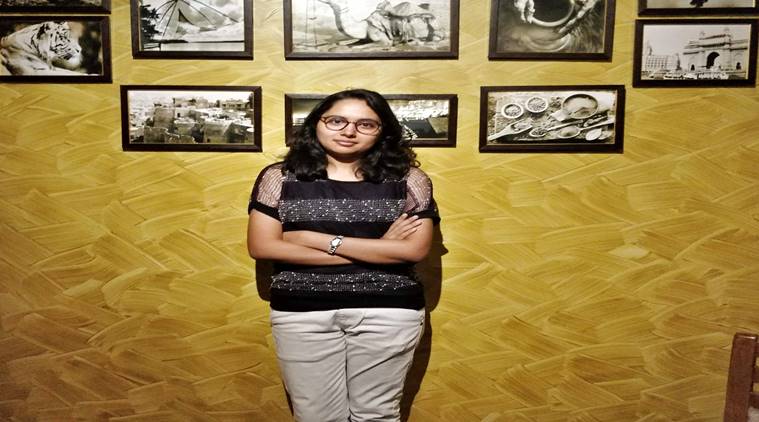
Since women achievers in science are hardly ever heard of, it’s twice as difficult for others who opt for it, believes Anjali Rani Pahal, the winner of She Codes — a nationwide code programming competition for women organised by Indeed, a recruitment platform.
A third-year student of mechanical engineering at the Indian Institute of Technology (IIT), Dhanbad, Anjali taught herself coding through online platforms. “I chose mechanical engineering to gain working knowledge of the physical components, which would help me design better software. I learnt coding through online courses and followed up with courses in machine learning and deep learning during the summer break of my first year,” said Anjali, who has participated in several coding competitions, including HackeEarth.
She is, however, of the view that there is a gender divide in the programming industry. “In my experience, boys tend to get involved in coding at a much younger age than girls, which tends to give them an edge over women coders. I only learnt about coding when I started college, but people start coding as early as class 11,” she said.
Video | IIT teacher: Why do parents need to know the scope of a course?
“Due to limited exposure, women coders sometimes end up working twice as hard to be on the same level as male programmers. If there was more visibility for women in the field, it would inspire others to come forward and explore their interests,” Anjali adds.
She remarks that being from a non-computer background was in fact an advantage for her as she could bring ‘a new perspective’ to things, which helped her have an edge in the competitions.
Daughter of military personnel, Anjali hopes to pursue a Master’s degree in Computer Science, followed by a career in the automation space.